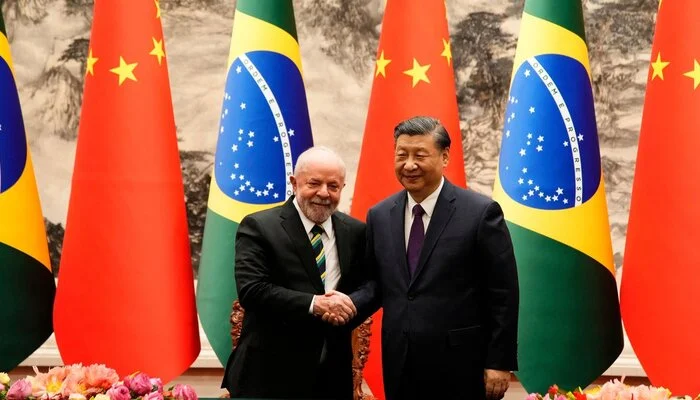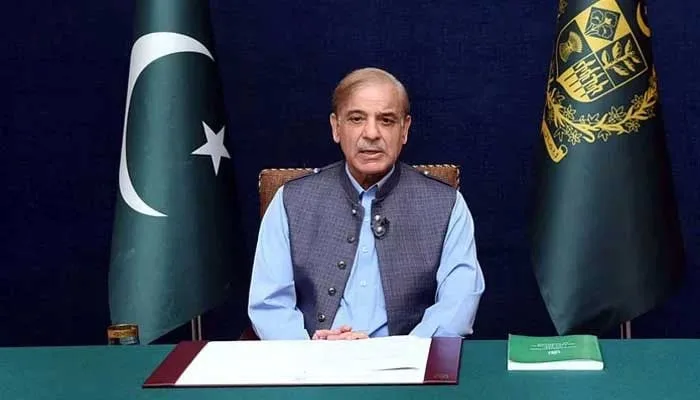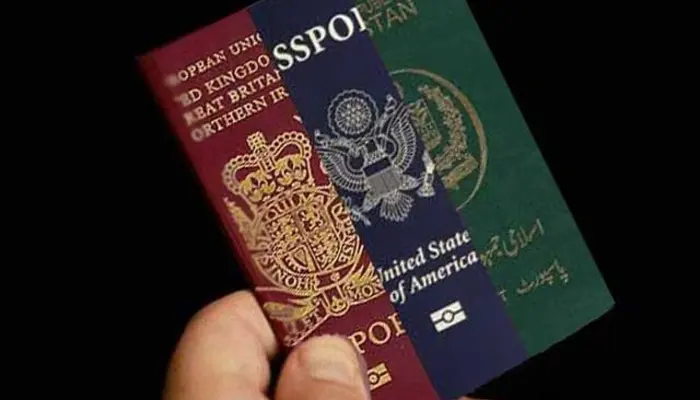
Brazil and China have entered a new phase of strategic partnership by signing nearly 40 trade and development agreements. Presidents Luiz Inacio Lula da Silva and Xi Jinping announced the deals during a high-profile meeting in Brasilia, marking a significant step in deepening bilateral relations between the two major trading nations.
Strengthening Economic and Political Alliances
The agreements span diverse sectors, including technology, environmental protection, and trade. Both leaders hailed the collaboration as a historic moment for China-Brazil relations.
“This is another historic moment in the development of China-Brazil relations,” Xi said, expressing his vision of making the two countries “golden partners.” Lula echoed the sentiment, stating his confidence that this partnership would surpass expectations and pave the way for a more robust bilateral relationship.
A Shift in Global Geopolitics
Xi’s visit to Brazil follows his active participation in major international forums, including the G20 summit in Rio de Janeiro and the APEC summit in Lima. In contrast, outgoing U.S. President Joe Biden’s absence at these events underscored a shift in global geopolitical dynamics. As Xi strengthens ties with nations like Brazil, many experts believe China is cementing its influence in Latin America while the U.S. transitions leadership to incoming President Donald Trump.
Read: Maori Protest Colonial-Era Treaty Reforms in New Zealand
For Brazil, Lula aims to redefine the country’s role on the global stage by balancing relationships with traditional allies like the U.S. and rising powers such as China and Russia.
Expanding Trade Relations
China has been Brazil’s largest trading partner for several years, with trade between the two nations surpassing $160 billion in 2023. Brazil primarily exports soybeans and other commodities to China, while importing semiconductors, vehicles, medicines, and telecommunication devices.
This strengthened partnership positions Brazil as a key player in Latin America-China relations, allowing it to leverage China’s investments to fuel economic growth.
A Vision for Collaboration
During the ceremonial welcome in Brasilia, Lula and Xi highlighted their shared vision for the future. Xi received a grand reception, including a red-carpet welcome, a military brass band, and cheering children waving Brazilian and Chinese flags. This display of diplomatic camaraderie underscored the importance of the growing relationship between the two nations.
Both leaders envision a future of collaboration in areas like clean energy, technological innovation, and sustainable development. With agreements focusing on environmental protection, the partnership aligns with global efforts to combat climate change.
BRICS Solidarity
The partnership between China and Brazil also reinforces the unity within BRICS, a coalition of major developing nations that includes India, South Africa, and Russia. At the recent G20 summit, Xi stood alongside leaders of BRICS countries, signifying their growing influence in shaping global policies.
The Road Ahead
As China and Brazil embark on this new chapter, the agreements signed in Brasilia reflect a mutual commitment to economic growth and international cooperation. By fostering this strategic partnership, both nations aim to secure their positions as leaders in global trade and geopolitics.
Follow us on Google News, Instagram, YouTube, Facebook,Whats App, and TikTok for latest updates












